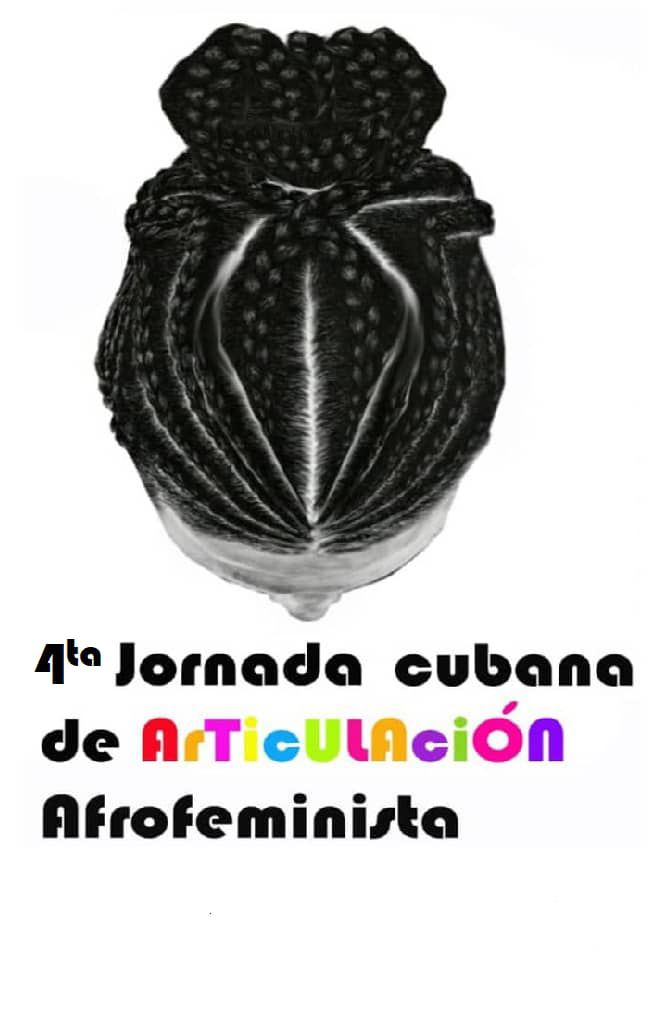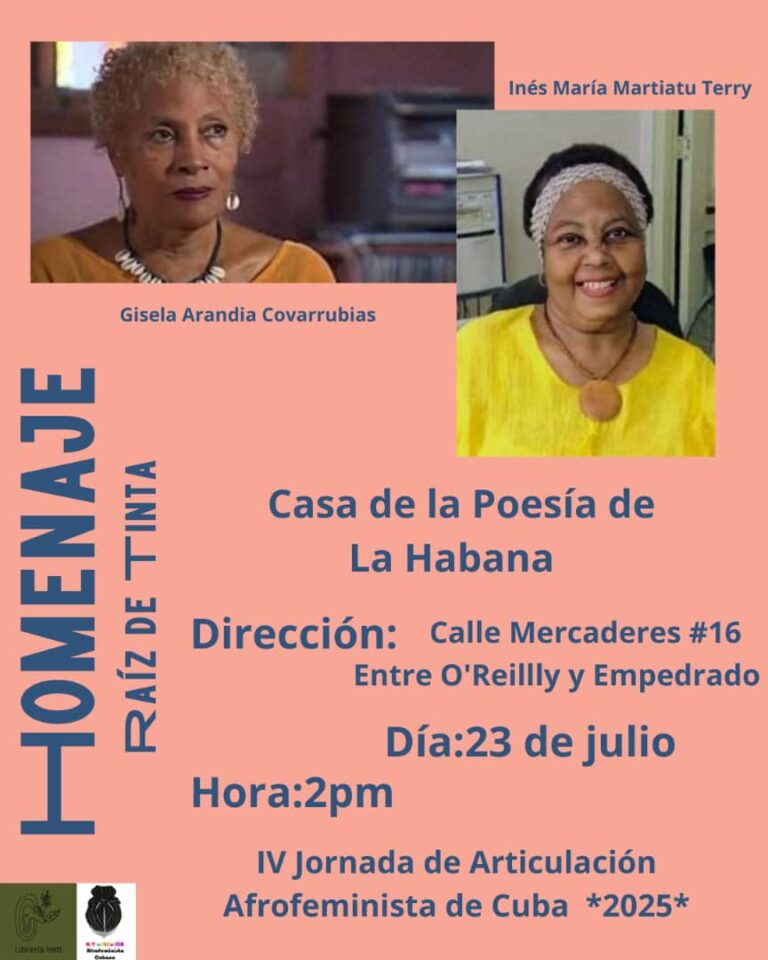Ancestral Stories and the Wisdom of Afro-descendant Women

The Cuban Afrofeminist Network is celebrating Afro-descendant, Afro-Caribbean, and diasporic women with a weeklong event now in its fourth edition. The celebration features a scientific colloquium, artistic galas, community outreach, entrepreneurship fairs, hair styling contests, and film discussions, according to Valia Valdés of Prensa Latina Televisión.
Social psychologist and researcher Norma Guilart, who was interviewed by the Latin American news agency, explained that the initiative creates a space for different projects focused on empowerment, growth, and development.
“We’re not aiming to create knowledge solely for Afro-descendant people,” she stated. “Rather, we want to share our voices and our history—what we’ve experienced—so that others can relate and join us in this effort to show that we are all a source of light.”
Regarding the driving force behind the initiative, Guilart emphasized the importance of supporting empowerment efforts throughout Cuba. She added that the goal is also to preserve ancestral wisdom and cultural memory, applying them to community development and creating sustainable models that could transform everyday practices, including food consumption.
“Most importantly, we strive for mental decolonization. There’s a real need to learn and understand our history—how we’ve been treated over time and how that has shaped us,” she noted. “One thing is certain: we are always stronger together.”

Tributes and Film Screenings
On Wednesday, the event will feature Raíz de Tinta, a tribute to Inés María Martiatu Terry—a renowned playwright, writer, storyteller, and one of the founders of Cuban Afrofeminism, who passed away in 2013—and to Gisela Arandia Covarrubias, a philosopher, journalist, and social activist. This tribute will take place at the Casa de la Poesía, located at 16 Mercaderes Street, between O’Reilly and Empedrado, in Old Havana. It promises to be a moving moment of remembrance and celebration of resilience.

Additionally, the Casa de Titón y Mirtha in Old Havana will host a film discussion featuring screenings of Now and ICAIC Latin American Newsreel No. 421 by documentary filmmaker Santiago Álvarez; Cuban Roots/Bronx Stories by Pamela Sporn; Obsession: My Song by Catherine Murphy; and Every Day Is March 8, directed by Lizette Vila. Admission is free, but advance reservations are required.
The celebration will continue through July 31 in Havana, Matanzas, Villa Clara, Santiago de Cuba, and Guantánamo.
Translated by Luis E. Amador Dominguez



